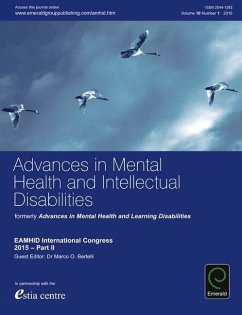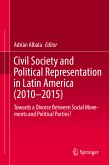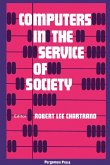Welcome to the second part of the e-book dedicated to the 10th international Congress of the European Association for Mental Health in Intellectual Disability. As for the first part, I produced a varied issue, in alignment with the Congress main theme, which is the integration of different approaches in the neurodevelopmental perspective. Beyond my editorial, the current edition includes three literature reviews, two research reports, one case study and one conceptual piece.My guest editorial offers a summary of main outcomes of the 10th EAMHID International Congress and a critical overview of some key contributions around the impact of the neurodevelopmental perspective on mental health care achievements and failures in the field of intellectual disability (ID) and autism spectrum disorders (ASD). Two main points are represented by the risk of a premature appearance of very broad spectrum conditions covering all the range of psychopathology and the deprivation for adults with ID/ASD of the right to receive pharmacological treatments that are based on strong evidence, as it is for the general population. The latter opinion is also the reason for which I chose to place the two expert reviews on psychopharmacology first in the e-book, immediately after the guest editorial. The update on psychopharmacology for ASD by myself and colleagues, maps the literature in order to identify most frequently used drugs, choice criteria, and safety, while the contribution by Dr Courtenay offers an insight into the literature in German and English on treatment of Attention Disorders in ID.The fourth chapter is written by myself and an international panel of experienced researchers and clinicians. It includes some reflections on the consensus document produced by the first WHO Working Group on the redefinition of mental retardation in the ICD-11, and on the process that was followed to realise it. The Working Group recommended a synonym set ("e;synset"e;) ontological approach to the conceptualisation of ID, combining distinct aspects under a single construct that describes clinical, social, educational, and policy utilities.Psychotherapy was one of the Congress topics with the highest number of papers. Two of these have been selected for inclusion in this e-book. The first is by Dr Leoni and a group of Italian, English and Irish colleagues and reviews the application of Acceptance and Commitment Therapy and 3rd generation of behavioural approaches to the wellbeing and behaviour of staff supporting persons with ID; the second, by Dr McInnis, Prof Beail, and collaborators, is a case study focusing on the theory and practice of the integrative Frankish model, a psychodynamic approach to individual's emotional development level which has shown good efficacy in ID.The last two chapters are research reports focusing on the relationship between psychiatric disorders and adaptive behaviours in ID. The one by Dr Giltaij, Dr Sterkenburg, and Prof Schuengel investigated the psychopathological and intellectual developmental status of children with combined ID, Reactive Attachment Disorder, and/or Disinhibited Social Engagement Disorder, while that by myself and Italian colleagues assesses for the first time in literature the impact of the presence of a psychiatric disorder on the adaptive functioning of adults with ID.
Dieser Download kann aus rechtlichen Gründen nur mit Rechnungsadresse in A, B, BG, CY, CZ, D, DK, EW, E, FIN, F, GR, HR, H, IRL, I, LT, L, LR, M, NL, PL, P, R, S, SLO, SK ausgeliefert werden.









